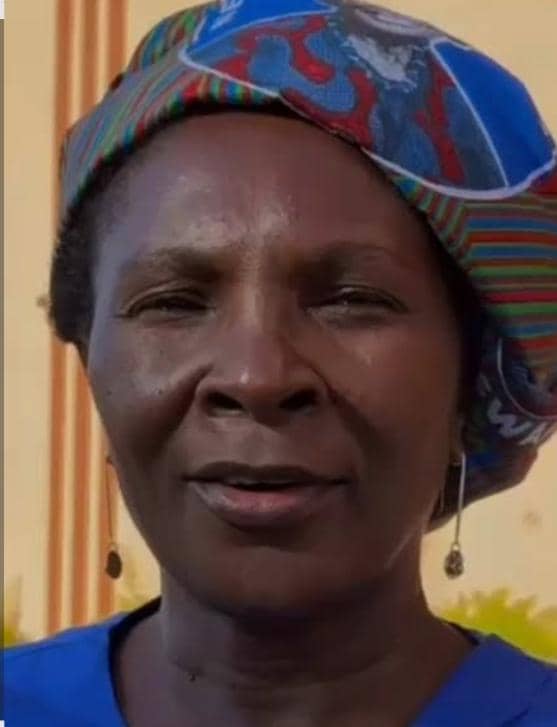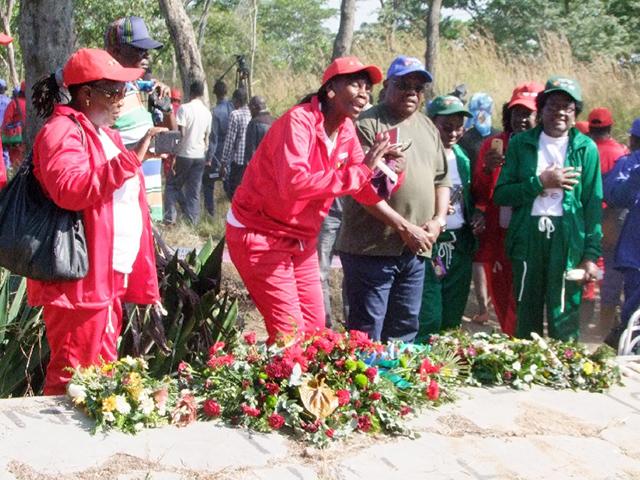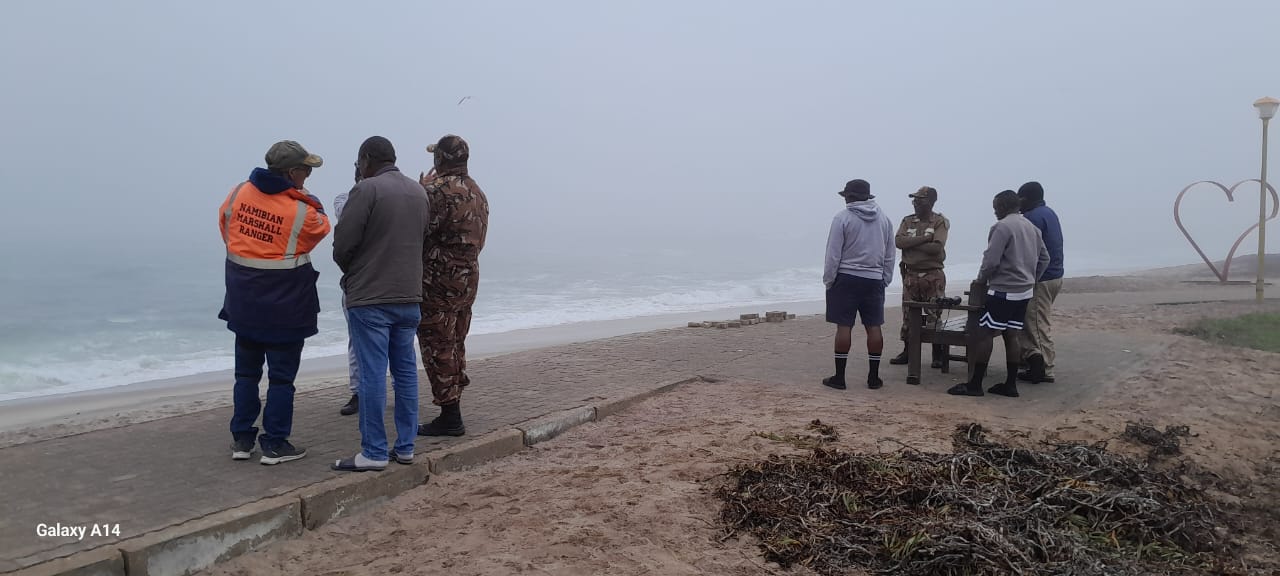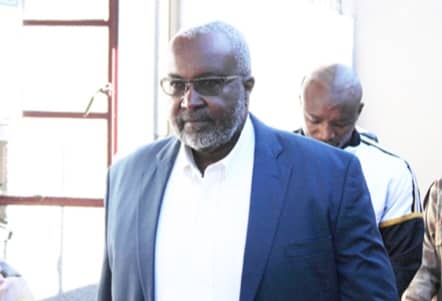‘HOW deeply the wild, proud, sorrowful people had humbled themselves in the terror of death.
Wherever I turned my eyes lay their goods in quantities: oxen and horses, goats and dogs, blankets and skins. There lay the wounded and the old, women and children. A number of babies lay languishing by mothers whose breasts lay long and flabby. Others were lying alone, still living, with eyes and noses full of flies. Somebody sent our black drivers and they helped them to die… we then led the men away to one side and shot them. The women and children who looked pitiably starved, we hunted into the bush… it is wonderful how much a human being can endure. It is strange what a matter of indifference another man’s life is to us when he belongs to another race.'(Packendorf. Namibia in Perspective. CCN: 1987)Günter Packendorf wrote the chapter from which this quote is lifted in a book published by the Council of Churches in Namibia (CCN) in 1987 and edited by Gerhard Tötemeyer, Wolfgang Werner and Vezera Kandetu. In his contribution: ‘The Literature of Expropriation: Peter Moore’s Journey to South West and the Conquest of Namibia’, Packendorf critiqued a book written in novel style by a German medical doctor/historian circa 1930. The book was ‘Peter Moore’s Journey to South West’ and was reported to have sold like hotcakes in Germany. It took the Germany reader through the trials and tribulations of the German soldiers who were prepared to fight and die in German South West Africa for the German empire. On March 9 1904 a shooting war broke out at Okandjira, about 80 kilometres east of Okahandja when the German forces declared hostilities on the Ovaherero/Ovambanderu people. To this day, the Ovaherero/Ovambanderu home and in the Diaspora commemorate these happenings with tears in their eyes: Okandjira Ka Vijombo, Ohamakari Ja Kakonge, Ozombu Zovindimba; Kotjunda Ko Ngombe ja Rurongo,I was invited to speak as a contribution to the Unam Lecture Series in 2006 and when I used the quotation above, many in the audience had mixed feelings.My former student stood up in the audience and said: ‘Uncle Bob, you are one of the leaders in society and I have great respect for you. I advise that you should not get caught up in what can degenerate into tribal politics of the past…’ I have retained my admiration for my former student and much as I thought his remarks were a reflection of the mediocrity characterising our academia, I was glad he was able to express what others could not.The story must be told about the contribution of our indigenes to our lives and our struggle for justice. During the struggle we were reluctant to discuss our traditional societies in some detail, as we were sensitive to the possibility of such discussions edging on tribal overtones or degenerating into ethnic diatribes. We implicitly agreed that Independence would provide the space for such a debate. But it seems that we remain reluctant to enter this exercise in genealogy.We must open the process and by so doing, encourage our young scholars and contemporary readers of Namibia’s history the opportunity to interrogate our past and appreciate the contribution of our traditional societies to the wealth of our political and cultural heritage. And we must treat these with utmost sensitivity, and also with honesty. While our leaders and academics must facilitate access to information and new technologies, they must also listen carefully, because it is the only way to gauge whether they are communicating or speaking to themselves.
Stay informed with The Namibian – your source for credible journalism. Get in-depth reporting and opinions for
only N$85 a month. Invest in journalism, invest in democracy –
Subscribe Now!










